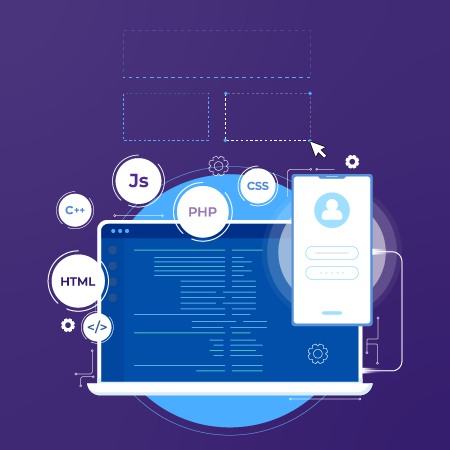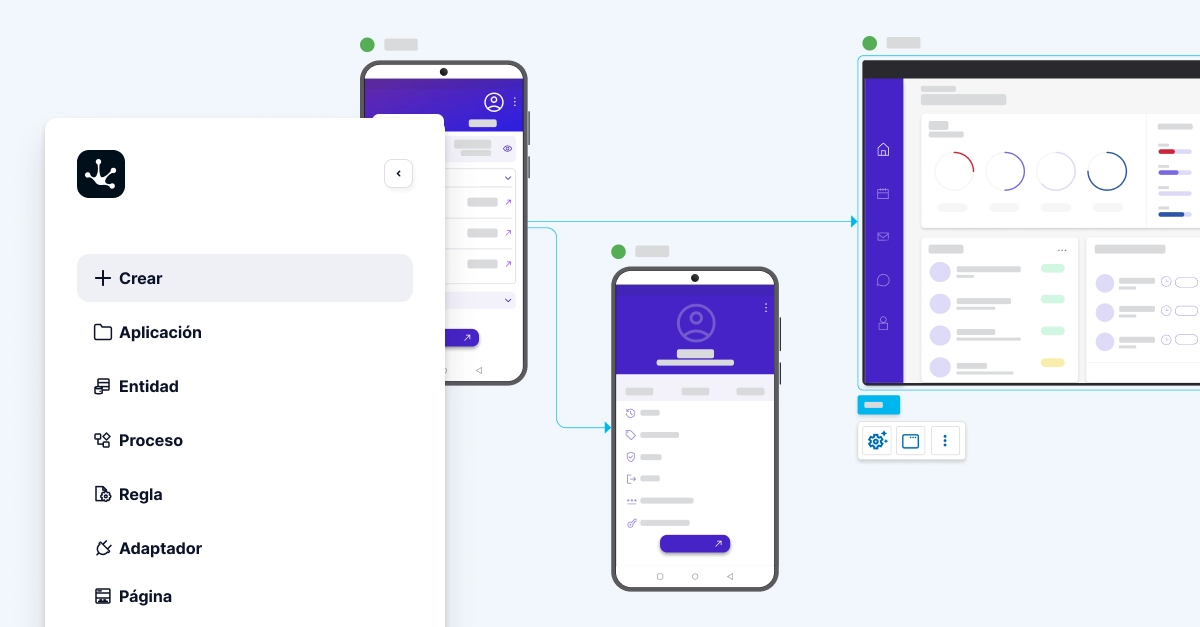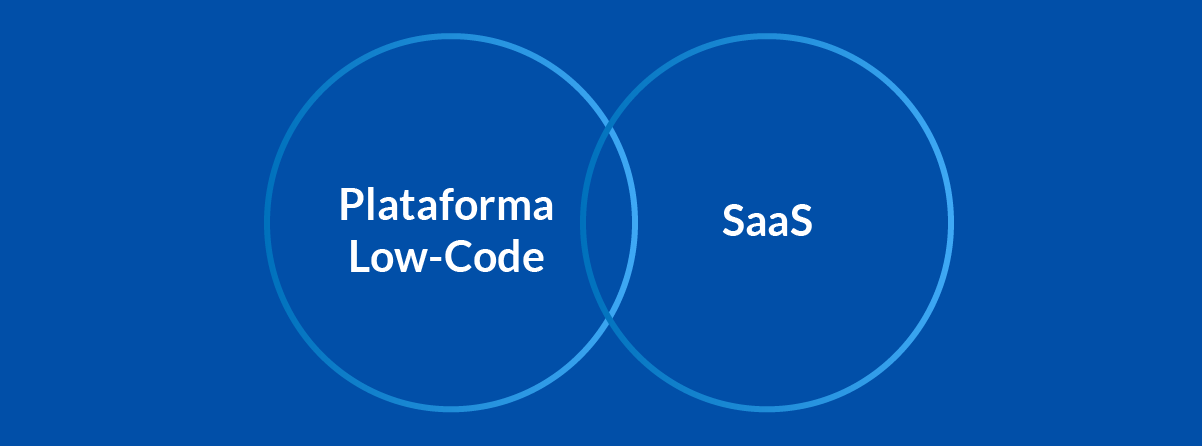
Low Code-No Code Platforms: 8 Trends Redefining Software Development
September 16, 2024
Automate business processes usingLow-Code platforms
October 10, 2024Build vs. Buy: What’s Best for Your Business?


In the business world, the decision to build or buy (subscribe) a software application can be critical. With the proliferation of low-code platforms and SaaS (Software as a Service) solutions, companies have multiple options. However, how do you decide which is the best option for your business?
The decision: build or buy
The "build or buy" dilemma boils down to one key question: Should a company develop an application internally or acquire an existing solution on the market? Both approaches have their advantages and challenges, and the right decision depends largely on the company's specific context.When to buy a SaaS solution
- Efficiency and speed If there is a SaaS application on the market that meets your business needs and is easily accessible, it makes sense to consider it. Adopting a SaaS solution allows for rapid deployment without long development cycles, and can be especially valuable when the need is urgent.
- Lower value-add Applications that are not core to your business's unique value proposition, such as HR management systems, accounting, or basic CRM, are often good candidates for SaaS. These applications are essential but not necessarily exclusive, and there are mature, proven solutions that can meet these needs without customization.
- Reduced costs and maintenance SaaS can also reduce initial development costs and long-term maintenance, as the service provider takes care of updates, security, and infrastructure.
When to build an app
- Differentiation and business value If the app is closely tied to your company's unique value proposition, it's critical that it be customized. This is where a low-code platform can be extremely helpful. It allows you to develop bespoke applications that align perfectly with your business processes, culture, and strategy.
- Control and flexibility Building in-house gives you complete control over the functionality, security, and future of your application. You can iterate quickly in response to business needs and ensure that the solution evolves with your company.
- Scalability and adaptability As your business grows, a custom solution can scale more effectively than a SaaS that might be limited or too expensive to scale at scale.

The hybrid strategy: combining the best of both worlds
In many cases, the best solution may be a hybrid approach. For example, you can adopt SaaS applications for standard, non-critical functions, while developing applications internally that are key to your business' differentiation and competitiveness. This approach allows you to leverage the efficiency of SaaS without sacrificing customization and control where it matters most.Conclusion
The decision to build or buy an app depends on the nature of the project, the business strategy, and the resources available. If a SaaS solution can meet your needs without compromising your business differentiation, it is an attractive option. However, when customization and alignment with your company's unique processes are crucial, building an app on a low-code platform can offer the perfect balance of speed, flexibility, and value.Get to know Deyel
